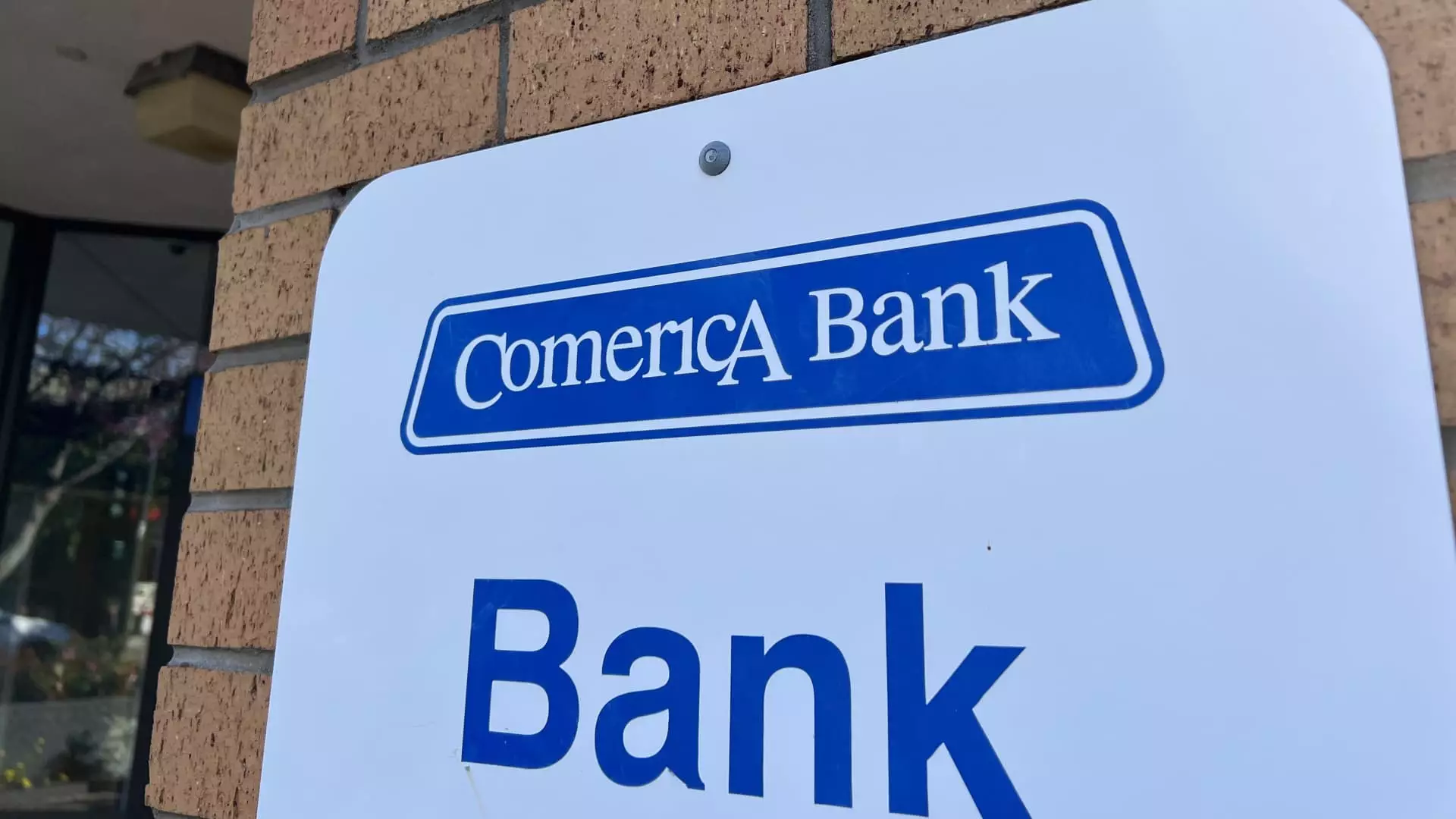In a significant development for consumer protection, the Consumer Financial Protection Bureau (CFPB) has leveled serious allegations against Comerica Bank regarding its administration of the Direct Express prepaid debit card program. This program is crucial for millions of Americans, particularly those relying on federal benefits like Social Security. The allegations raise concerns about the bank’s practices and their impact on vulnerable populations.
The complaint filed by the CFPB contends that Comerica knowingly disconnected more than 24 million customer service calls. Additionally, it claims that the bank wrongfully charged over one million cardholders for ATM fees they were not liable to pay and mishandled crucial fraud complaints. CFPB Director Rohit Chopra articulated that Comerica’s actions not only jeopardized essential services for Americans on fixed incomes but also appear to have been motivated by profit maximization at the expense of these individuals.
This case underscores a troubling trend where financial institutions are accused of prioritizing their bottom line over the well-being of their customers. The Direct Express program, designed to provide easy access to federal benefits, is crucial for those with limited financial resources. Mishandling it can exacerbate already challenging living conditions for the underserved.
The Direct Express program has been a lifeline for many, particularly for older adults and individuals with disabilities who may not have access to traditional banking services. Managed by Comerica Bank since 2008 under a contract with the Department of the Treasury, this service offers an electronic method to receive and manage benefits, replacing the need for paper checks. The notion that an entity responsible for such a transformative service would engage in practices that harm its users raises significant questions about accountability in the financial sector.
In response to the allegations, Comerica has defended itself vehemently, asserting that it has acted within the appropriate frameworks and with federal supervision. According to Louis Mora, a spokesperson for Comerica, the bank has consistently shared data and context throughout the CFPB’s investigation, arguing that the bureau has disregarded their defense. The bank’s stance is that it has complied with regulatory requirements and will vigorously protect its reputation as the financial agent for this crucial program.
The complexity of navigating governmental programs adds another layer of difficulty to this case. Banks often must balance meeting customer needs with adhering to regulatory oversight, a challenge that can lead to misinterpretations of their actions.
This incident is not isolated; it fits within a broader narrative of regulatory scrutiny in the financial industry. The CFPB has previously taken action against various banks for similar mismanagement issues, such as the notable 2022 case where Bank of America faced a hefty fine for its mishandling of state unemployment benefits during the COVID-19 pandemic. Such actions signal increasing vigilance and accountability measures aimed at protecting consumers from financial institutions’ potentially exploitative practices.
As the CFPB moves forward with this case against Comerica Bank, it may set a precedent for how banks manage federally mandated programs and the level of scrutiny they face regarding customer service and ethical practices. For the millions relying on the Direct Express prepaid debit card, the outcome of this lawsuit will be critical in determining the future of their access to essential financial services. The events serve as a reminder of the importance of regulatory bodies in ensuring that vulnerable populations are protected from systemic exploitation and mismanagement.

